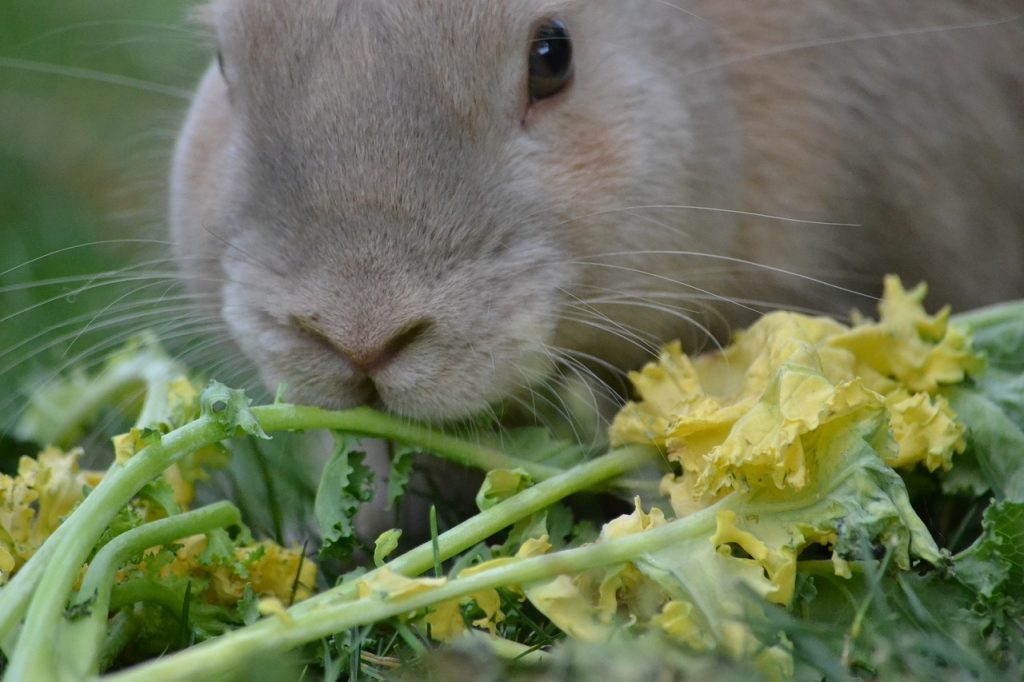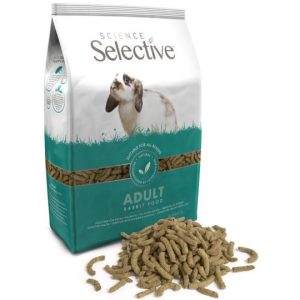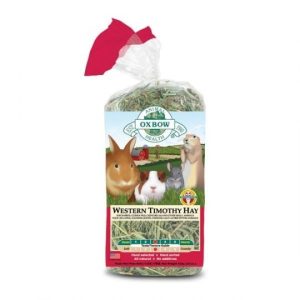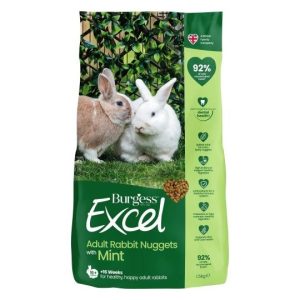Vetpharmacy.co.uk Cookie Policy : We use cookies to enhance your user experience. To find out more please view our cookie policy
A Complete Guide on What to Feed Your Beloved Rabbits

Rabbits are adorable and gentle creatures that make fantastic pets. Whether you're a new rabbit owner or an experienced one, understanding what to feed your furry friends is crucial to their health and well-being. A balanced and appropriate diet plays a significant role in ensuring their longevity and overall happiness. In this blog post, we'll explore the essential components of a rabbit's diet and provide you with valuable insights on what to feed your rabbits.
Fresh Hay: The Foundation of a Healthy Diet
Hay is an indispensable part of a rabbit's diet and should form the majority of their daily food intake. It provides essential fibre for their digestive system, helps maintain healthy teeth, and prevents common health issues like gastrointestinal stasis. Timothy hay, orchard grass, or meadow grass are excellent options to consider.
Nutritious Pellets: A Balanced Meal
In addition to hay, rabbits require a small amount of rabbit pellets to ensure they receive all the necessary nutrients. Look for high-quality pellets specifically formulated for rabbits. Avoid those containing seeds, nuts or coloured bits as they can be harmful. Pellets should make up around 5% to 10% of their daily food intake.
Fresh Vegetables: A Colourful Delight
Including fresh vegetables in your rabbit's diet adds variety, essential vitamins, and minerals. Leafy greens like romaine lettuce, spinach, kale, and parsley are excellent choices. Introduce new vegetables gradually and observe your rabbit's reaction. Aim for a minimum of two cups of fresh vegetables per day for an average-sized rabbit.
Safe Fruits as Occasional Treats
Fruits are a great source of natural sugars and antioxidants but should be given in moderation due to their high sugar content. Treat your rabbit to small portions of fruits like apples, strawberries, blueberries, and bananas as occasional rewards. Remove any seeds or pits before feeding, as they can be toxic.
Avoid Harmful Foods
Some foods are toxic or harmful to rabbits and should be strictly avoided. These include chocolate, caffeine, onions, garlic, avocado, potatoes, rhubarb, and any sugary or salty snacks. Also, avoid feeding your rabbit human food scraps, as they often contain ingredients that can upset their delicate digestive systems.
When introducing new foods or transitioning to a different diet, make changes gradually. Sudden dietary changes can cause digestive upsets in rabbits. Start by introducing small amounts of new foods and monitor your rabbit's response before increasing the quantities.
Finally don’t forget a steady supply of clean, fresh water!
Order your rabbit food from VetPharmacy today.
VetPharmacy Recommends

Supreme Science Selective Adult Rabbit Food

